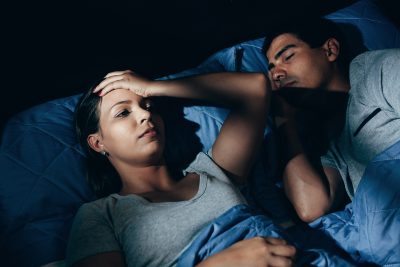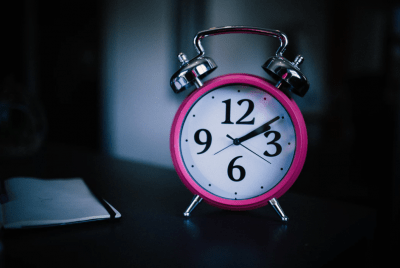 If you’ve ever felt a little snippy with others when you didn’t get a great night’s sleep, we now have science that explains your mood. A new study shows that when we have a lack of sleep we get a little more than just a little irritable. In fact, just an hour’s worth of lost sleep is enough to turn you from compassionate to selfish.
If you’ve ever felt a little snippy with others when you didn’t get a great night’s sleep, we now have science that explains your mood. A new study shows that when we have a lack of sleep we get a little more than just a little irritable. In fact, just an hour’s worth of lost sleep is enough to turn you from compassionate to selfish.
The study, published Tuesday in the journal PLOS biology, suggests that people are less likely to help others, groups, and even society when they have lost even a little sleep. The study quotes Muhammad Ali’s famous words, “Service to others is the rent you pay for your room here on earth.” Yet it goes on to reveal that sleep is essential to being a helpful and productive member of society.
The three-part study examined how poor quality and quantity of sleep might impact someone’s willingness and motivation to help those three different groups, completed by the University of California, Berkeley researchers. Through surveys, diaries, and MRI images, they examined the impacts of lost sleep. One of the lead researchers, Ben Simon, told CNN that there’s a “clear hit on our innate human kindness and our motivation to help other people in need” when we are working on reduced sleep.
When someone is sleep-deprived or if you shave off one or two hours from what their body is used to, it affects how we’re able to think,” adds Lara Goodrich, a psychologist in Madison, Conn. “It affects our emotional regulation, and how quickly we’re able to react to things.” She adds that regulating your feelings against negative stimuli, like a traffic jam or if someone is rude to you, are also potentially impacted. Basically, we turn inward and start focusing on ourselves and our own basic needs when we are exhausted.
“It’s like a vacuum effect occurs where we’re so much more focused on our experience. I’m so groggy. I’m so irritable. It’s so hard to get through this,” she says. “We have to put so much effort into our focus and our attentiveness…we get sucked dry by trying to regulate ourselves internally, if we have something come from the outside that challenges us, it’s more likely to be met with irritability.” One of many ways the study analyzed willingness to help was through the act of donations, which researchers also note changes during Daylight Savings Time when people sleep less.
With such an obvious connection between just a bit of lost sleep, and a decreased desire to help others, it makes sense why you might run into a road raging fellow driver, an agitated boss, or to experience strangers not helping when you fall or drop something in the grocery.
The Centers for Disease Control and Prevention reports that 1 in 3 adults don’t get enough sleep in the U.S. which is defined as at least 7 hours per day. They go on to explain this is connected to much more than selfishness, but also serious chronic conditions such as obesity, diabetes, high blood pressure, and even mental health struggles. The next time you consider binge watching a show late into the evening, consider how your mood will be the next morning, and how it might even impact others.



